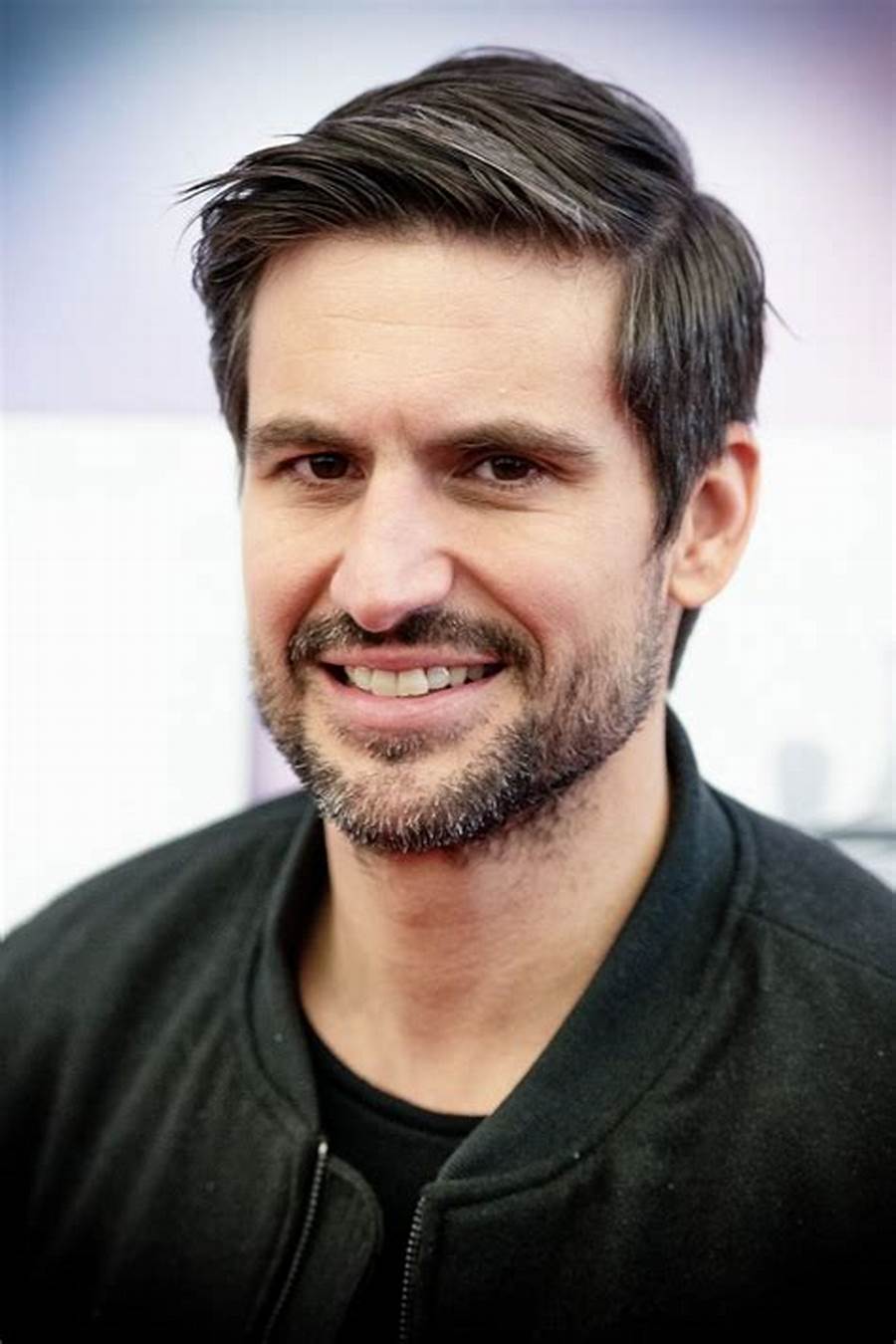Didier Destouches, lecturer at the University of the West Indies, researcher at Creddi, essayist
Wednesday 09 March 2022
Didier Destouches, lecturer at the University of the West Indies, researcher at CREDDI, presents, here, a forum on Emmanuel Macron’s candidacy for the presidential election. You also submit your forum, position, analysis to our editorial staff (infocom.fagpe@agmedias.fr)
In 1988, François Mitterrand, then President of the Republic, led his fourth presidential campaign. In the years prior to his candidacy, François Mitterrand played with suspense, doubting his possible presence in the election. However, on October 13, 1986, he emphatically declared his non-nomination: “I am not a candidate. I am the President of the Republic. Whenever I contemplate this business, you will force me to do it. Everything invited me to tell myself that no, I would not be a candidate. I am the President of the Republic, I will fulfill my function and I am not imposing ambition as far as wanting to stay there permanently. So no, I have no intention of becoming a Republican presidential candidate. Finally, on March 8, 1988, facing the microphones of Henri Sannier and Paul Amar during the 8pm news, he declared his candidacy for the presidential election. The fake tension that his main rival Jacques Chirac denounced weeks earlier. The month-long blitz campaign then began during a series of monumental meetings, among others, chaired by singers Renaud and Barbara. François Mitterrand did not appear much at the time, preferring to cultivate his image as the “father of the nation”. He decided to announce his program to the country: “A letter to all French people”. Emmanuel Macron is following in the footsteps of a person who is his true political model. In a letter to France, he will announce his candidacy to voters this Friday. Admittedly, he beat the record in terms of late presentation of his candidacy. But he never ceased to be a candidate, helped in this by the highly favorable context in the media and politics. In fact, the president benefits from a television platform that provides the necessary messages to be sent to the French people and only he can do so because of his constitutional status. The world situation is of course ideal for any man or woman in power who wishes to remain so. This was a period when the leading role of guiding and protecting the nation and especially its international interests was at its peak and hardly prompted citizen voters to attempt a change of direction and an adventurous leader. The polls seem to confirm this historical reality by systematically placing the current tenant of the lysée nearly ten points ahead of its opponents in various polls. But this presidential campaign needs to be as unprecedented as the previous one, but for other reasons, to keep in mind a number of certain elements that could weigh on the balance of upcoming matches. Indeed, we must be careful not to assume the second round of polls is as reliable as the first.
This election: a danger to the current president?
In the second round there was the inevitable impact, currently difficult to assess, from vote transfers and alliance strategies under the guise of job promises. Similarly, golput is a dynamic that has become strong and predominant at the electoral level in France and it is attracting a large number of votes against those running for a second term. In terms of alliances, it will be interesting to observe the choices Valérie Pécresse will make if she is not present in the second round. Left behind by the great tenor of the Les Républicains party in this campaign, in return it was able to agree to form a coalition with the current majority parties (En Marche, Horizons, MODEM, Les constructifs) and contribute to the neo-Gaullist pledge of greater national unity. great at war. In doing so, this would open him up to the highest steps of the government to be formed and would take his party out of the ranks of the parliamentary opposition. However, this election remains the last chance to keep Les Républicains in its current form as the risk of explosion is real. This election also poses a danger to the current president regarding the delay of voting from the left in the event of a second round with Marine Le Pen or ric Zemmour. The Republican Front that made a left vote against its camp to block the right wing is now electorally obsolete. And Marine Le Pen who understands that speech moderation and structural elections for the National Rally, his party, are going well; intend to take advantage of this bargain. For a president who has fought all at once, it would be beneficial to be able to continue to attract socialist and environmentalist voters. Candidate Macron will also have to face another unknown: a vote abroad that can always change the final outcome outright. Emmanuel Macron’s image is tarnished and somewhat shabby in Guadeloupean public opinion, and hardly better elsewhere on the ocean. A translation of the overall discontent that President Macron has raised on several issues (IRMA, Chlordecone, Sargassum, Water, mandatory vaccination, etc.) may well be realized by either abstention or rejection. But that’s the art and raison d’être of an electoral campaign when you’re a presidential candidate: the ability to present reports that are sometimes drowned in increasingly turbulent news waves.
François Mitterrand is toying with tensions, leaving doubts over his possible election attendance… The fake tensions denounced by his main rival Jacques Chirac a few weeks earlier… Emmanuel Macron following in the footsteps of those in the shadows are actually his political model who actually. In a letter to France, he announced his candidacy to voters this Friday.
Didier DESTOUCHES, lecturer at the University of the West Indies, researcher at Creddi, essayist

“Hardcore zombie fan. Incurable internet advocate. Subtly charming problem solver. Freelance twitter ninja.”


![Bogusław Wołoszański: “Achieving nuclear weapons would be the beginning of World War III” [WYWIAD]](https://storage.googleapis.com/bieszczady/rzeszow24/articles/image/877236c0-66fd-457a-9eb4-41792f9077ff)




